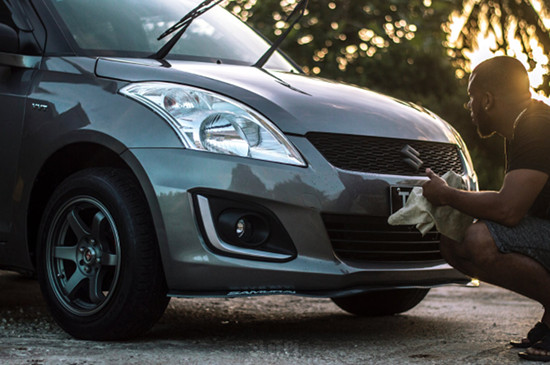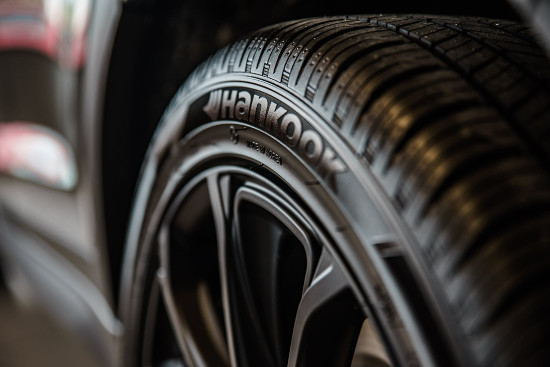Summer or fall might be around the corner, and you are probably planning to hit the road together with your friends or family. If it is your first time to go for a summer road trip, do not fail to treat your car with some maintenance. Do not be tempted to hurl your vehicle into the national highway system before you do a mechanical check-over. Failure to do so is akin to begging to be stranded along the way. The check-over is applicable for newer or older cars. Neither of them is an exception. A mechanical check-over is a preventative measure that saves you the agony of turning your road trip into one of your worst nightmares. Therefore, it is imperative to refresh your mental checklist before you get to pack your bags. Since a road trip is often an hour-long drive, your car must be in top-notch condition if you expect it to pass the test. There are a few things that you need to tick off on your maintenance checklist before the rubber meets the road.

Engine oil
Do not hit the road if you’re uncertain about your oil levels and the state of the oil filters. Take time and confirm whether oil change is due. Since this will be a long trip, an oil change interval should be part of your road trip checklist if your vehicle is to go the whole hog. An engine failure should not ruin a lifetime adventure of this kind because you were too excited to drain off the gunky old oil. Synthetic motor oil is preferable for long distances since it will protect your car against thermal breakdowns and frictional losses.
Tire pressure
The state of your car tires is not to be overlooked. It is essential to confirm the tire pressure to ensure that it is the maximum it can hold. If the pressure is above the required limit, there is a likelihood that the tire can blowout due to extreme heat. Visit your nearest auto parts store to ascertain the tire pressure using a good gauge. If the tire pressure falls below the recommended limit, you run the risk of wasting fuel and making the affected tire(s) to run hotter.

Battery
Perhaps your car battery might be a couple of years old. If this is the case, you should check to confirm whether the terminals are corroded. Such terminals lead to sluggishness, especially when you are starting your vehicle. There are instances when a dying battery may also cause sluggishness. As part of the mechanical check-over, you should have the electrolytes of your battery tested at the nearest gas station. Besides, confirm if the battery is maintenance-free and sealed.
Brake system
The primary component of the brake system is the brake fluid. When checking the brake system, ensure that the brake components are not rusty and the color of the brake fluid has not turned into maple syrup. The brake fluid should be topped up to the point of “full” mark. If you have not flushed your brake fluid for two or three years, you should consider doing so. Do not take your car on such a long trip without knowing whether the brake fluid is water-laden. If this fluid is laced with water, you might run the risk of having a squishy brake pedal.
Road trips can be fun if everything goes on as planned. Since a car is a primary component of such an adventure, you would not want it to ruin what you have always been looking forward to. To avoid such a scenario, spare some few hours and carry out a mechanical check-over. Such an exercise may be the difference between your trip being exciting or a nightmare.
